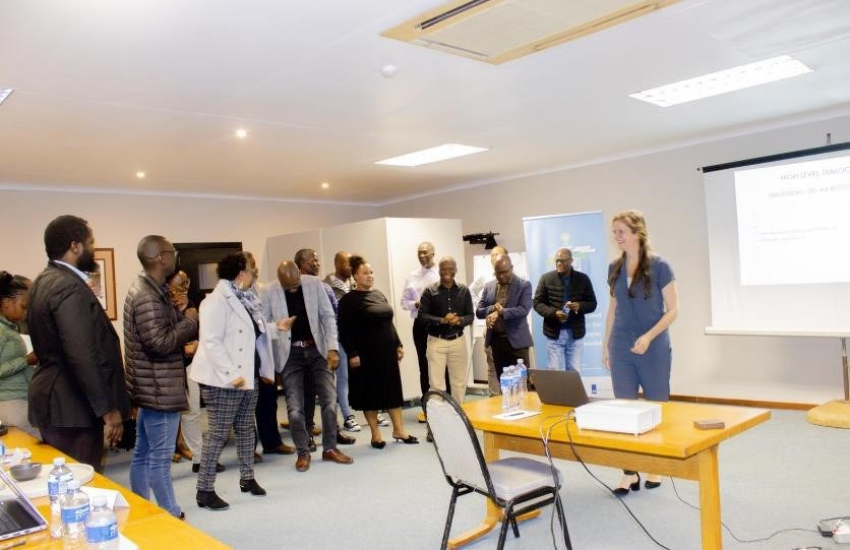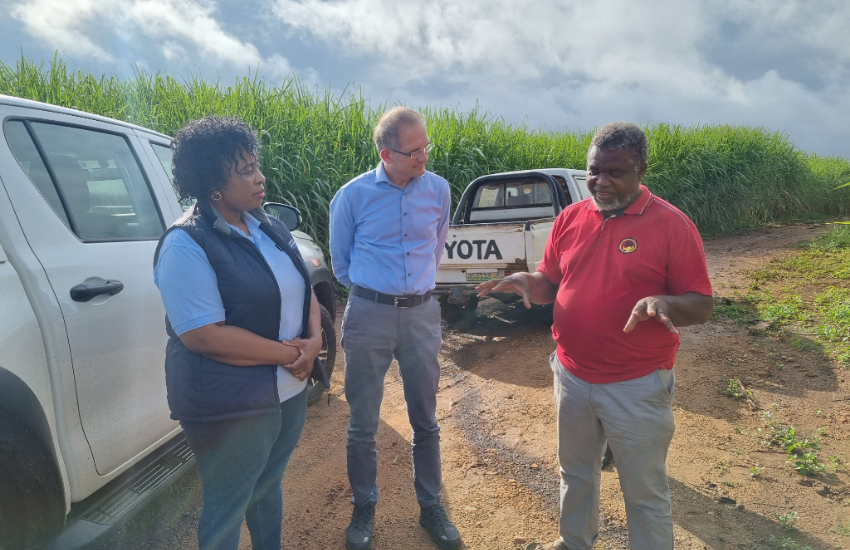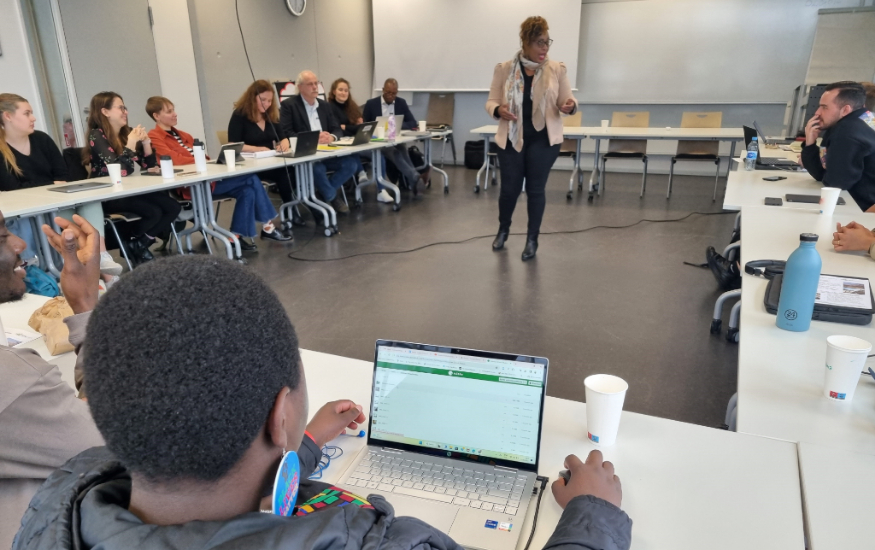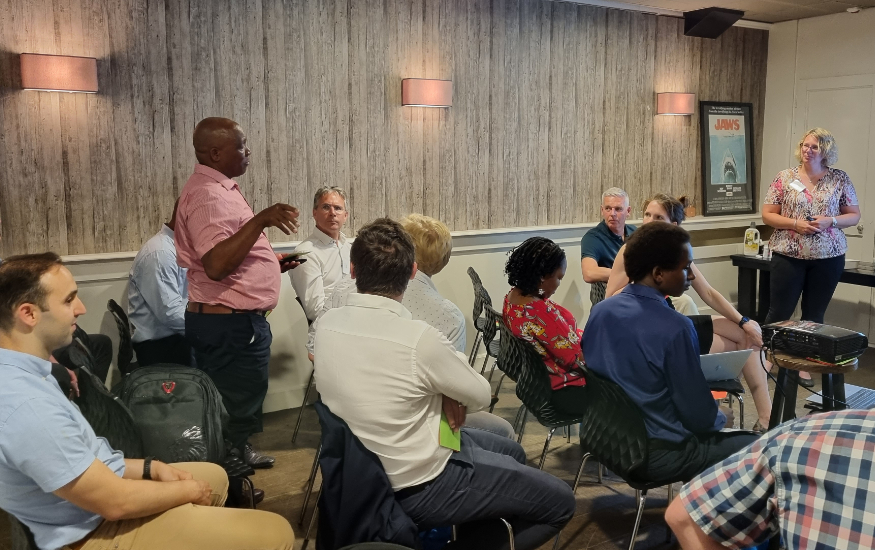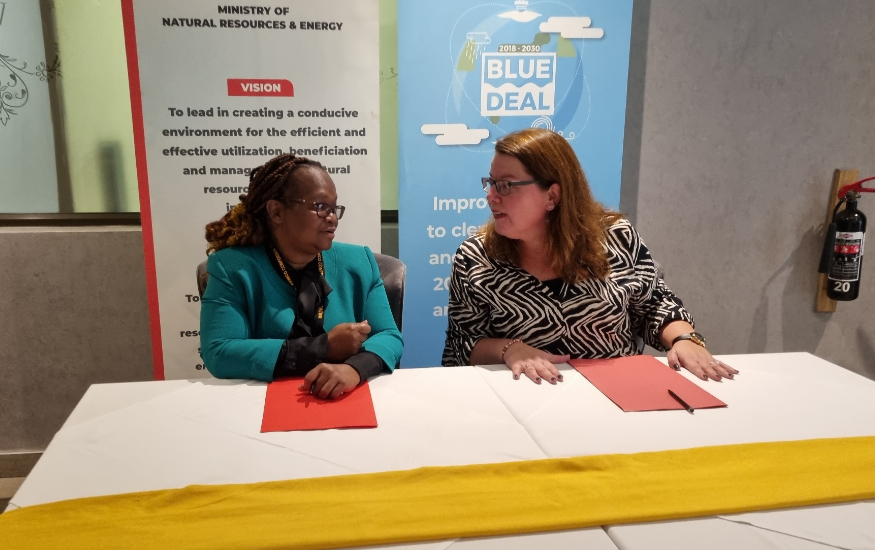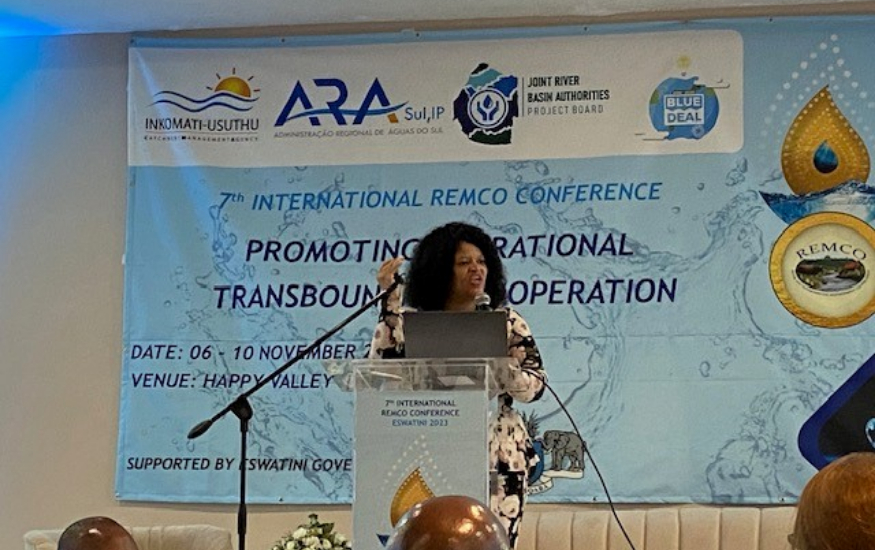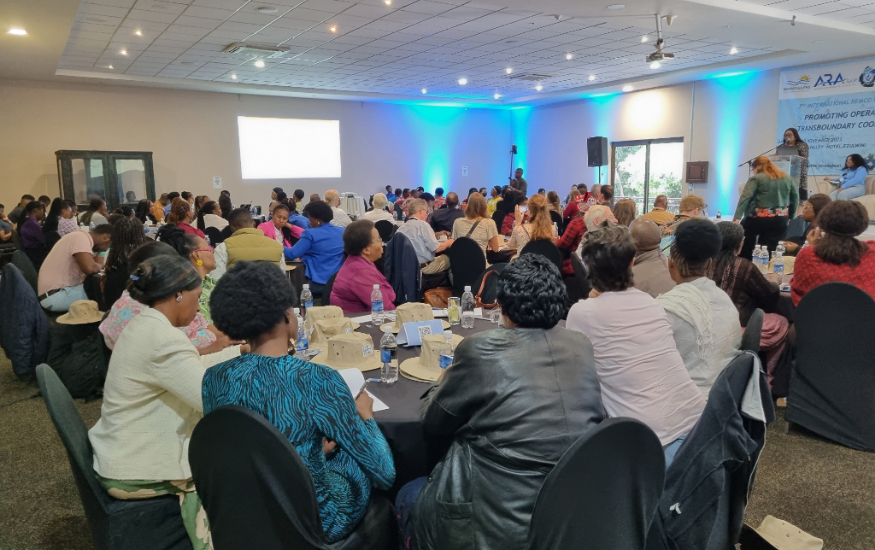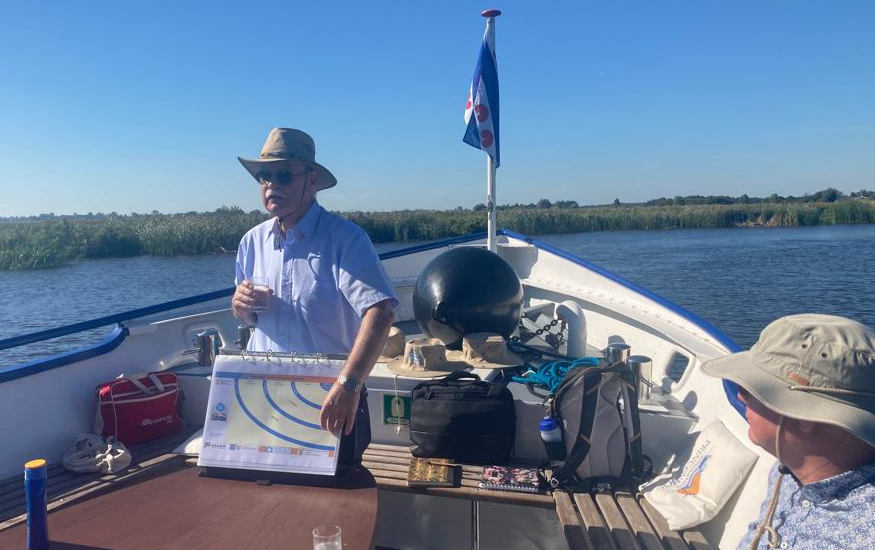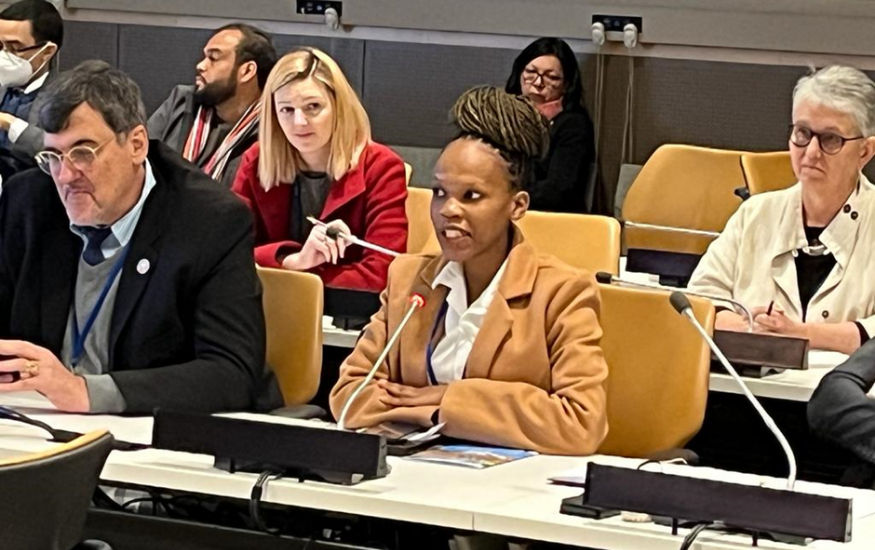In 2025, Blue Deal Eswatini works towards achieving sustainable water through decentralized integrated water management. Over the years, the importance of water management has become increasingly evident. While policy makers often lead these initiatives, also technicians play a vital role in sharing knowledge. This principle was highlighted through a recent collaboration between Dutch and Eswatinian technicians, demonstrating the value of practical, on-the-ground experience in addressing water management challenges.
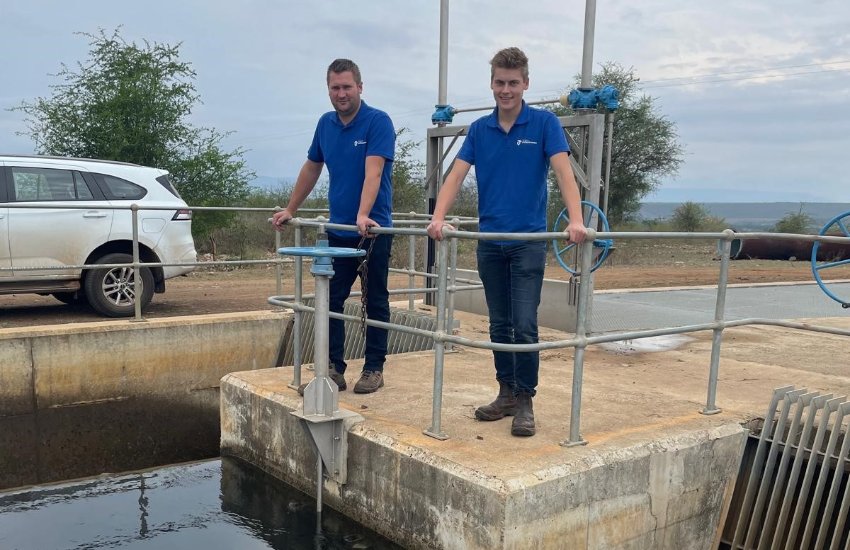
Earlier, technicians working in the field in Eswatini had made a request to Marga Oosterveld, partnership manager of Blue Deal Eswatini, for sharing and learning on the job with their Dutch colleagues. This possibility arose last summer, when Marga came in touch with two field workers from water authority Vechtstromen. At that moment, one of the trainers was unable to join Marga on her next work visit to Eswatini. Therefore, with the request of her Eswatinian counterparts in mind, Dries Zekhuis (technical maintenance specialist) and Wiljo Dracht (work preparation coordinator) were able to join.
Fieldwork and insights
While Marga conducted training sessions with the staff in the office, the field workers concentrated themselves on the practical aspects of water management. Their visit underscored the significance of practical knowledge in managing water resources effectively. They observed the intricate system of reservoirs and canals that sustain Eswatini’s economy, which is largely based on sugar cane. This crop needs a lot of water to grow, while the water availability varies in Eswatini. Fluctuating water levels in the reservoirs show the importance of effective water management, especially during periods of drought and heavy rainfall.
The water is stored in large reservoirs that have been created to retain and distribute the water. When the field workers arrived, the water in the reservoir had already dropped 15 meters. Winter had only just begun. In December, there was drought and water scarcity, whereas in January the precipitation levels were high. It had resulted in completely filled reservoirs within only two weeks, with spillage over the edge. The amount of precipitation that had fallen, stresses the importance of the management and control of this water.
After these reservoirs, the water runs inland through small canals and large pipes. A great system that goes up and down mountains, without the need for too many pumps.
Collaboration with JBRA
The field workers collaborated with the Joint River Basin Authorities (JRBA) in Eswatini, gaining insights into land use mapping and water allocation. They traveled to farmers in remote areas to understand their water requirements and the impact on water distribution. Such collaborations are essential for developing governance structures that define the tasks and responsibilities of key stakeholders in the water sector.
Technical observations
During their visit, the technicians inspected various measuring points, including locations equipped with Dutch technology. These observations emphasized the importance to continuously monitor and exchange knowledge between the countries. The presence of Dutch equipment in Eswatini was a practical example of the ongoing partnership. It illustrates the shared commitment to improving water management.
Learning and sharing
The experience in Eswatini was invaluable for the field workers from Vechtstromen. They shared their knowledge, and they were able to assist their Eswatini counterparts particularly in the usage of an online application of similar technical solutions in water management. This exchange of ideas and practices contributes to the institutional and organisational development of JRBA at various levels. It leads towards a more established and effective organisation within Eswatini’s water sector.
The exchange highlights the importance of collaboration, learning, and sharing in achieving sustainable water management. Technicians, alongside policy makers, play a role in this process. Their practical insights and experiences are essential for developing effective water management strategies. By ensuring knowledge exchange at all levels, we can ensure a more comprehensive and resilient approach to managing water resources. The workers state: “You want to share your own knowledge and experience. It is very interesting to experience how the work of managing water is being done in a different country and how colleagues operate. This is sometimes very different, but also sometimes very similar.”

